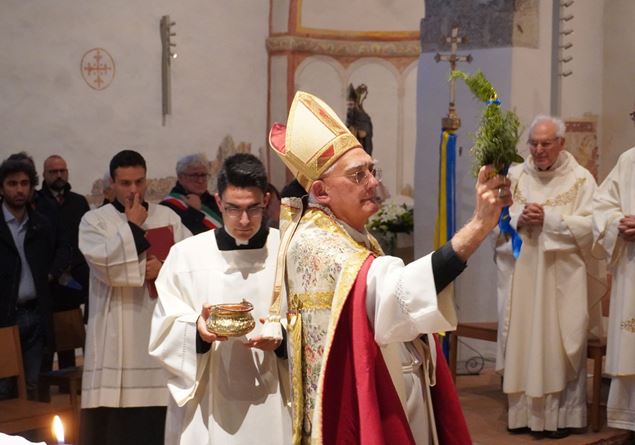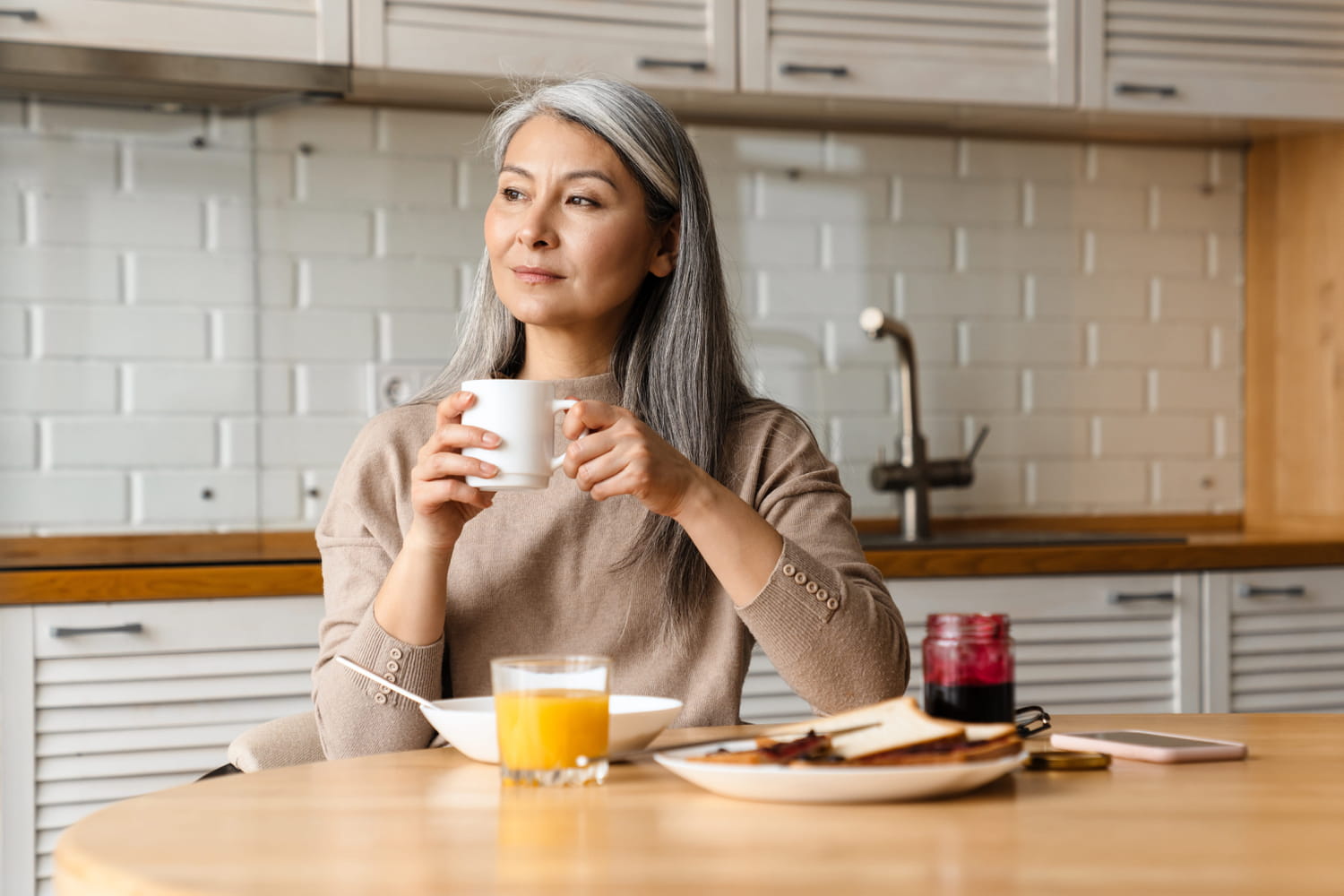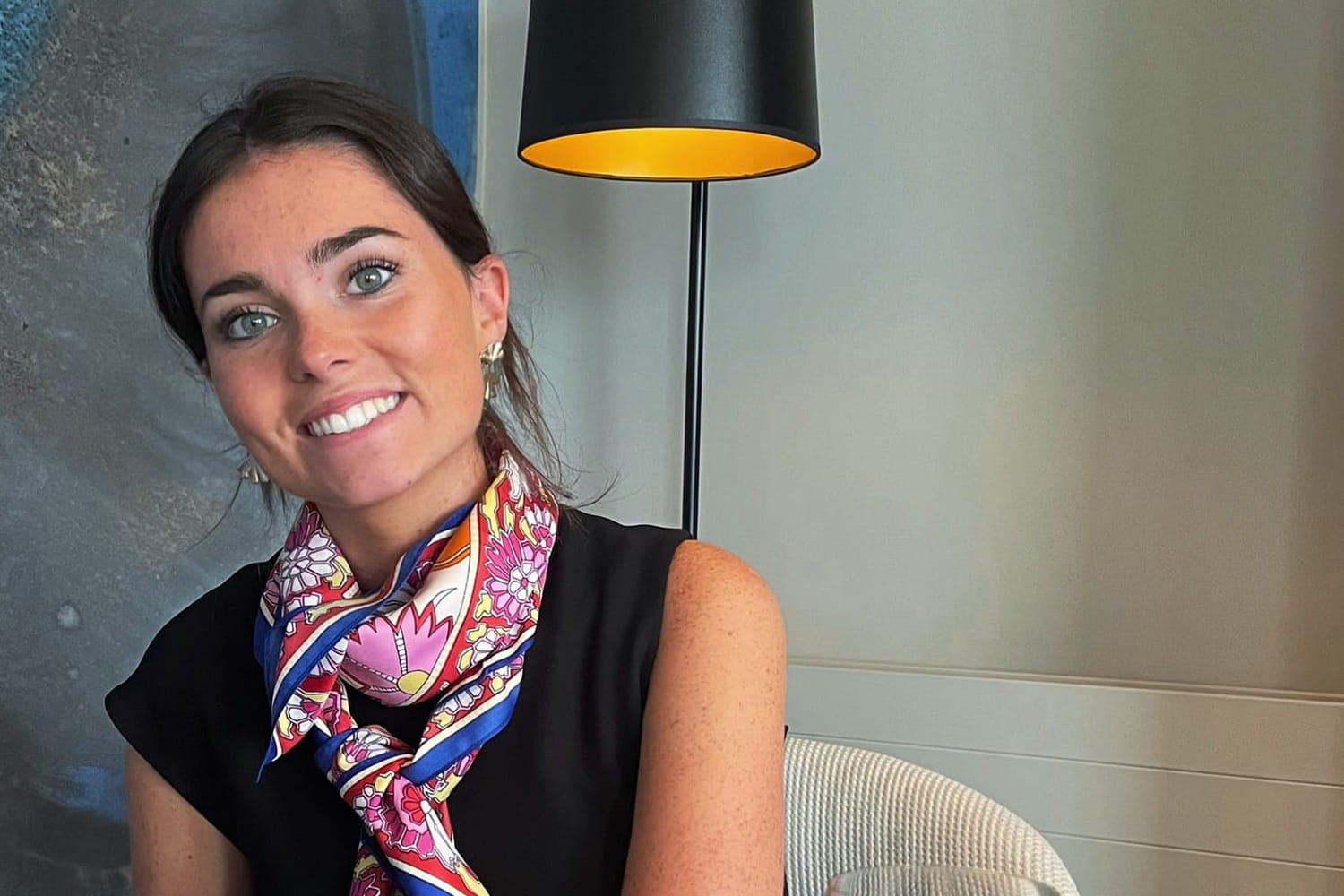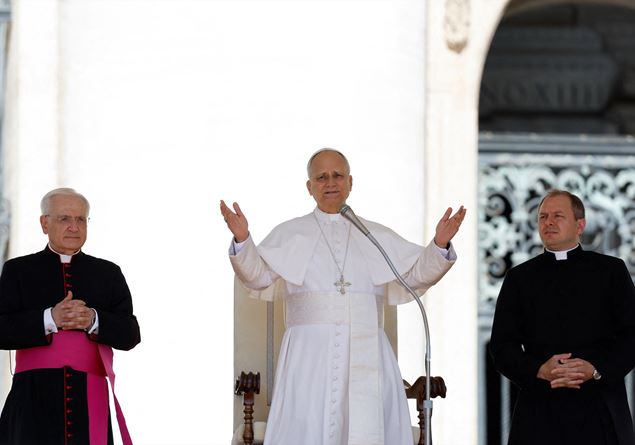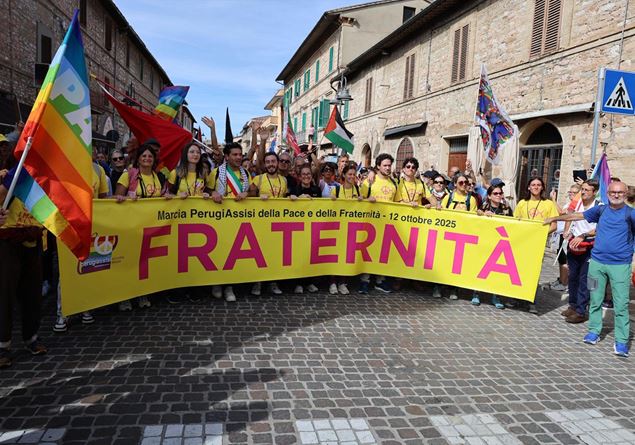«We live in a society that is getting sick due to a bulimia of social media connections: we are hyperconnex, bombarded with images, sometimes even false or distorted. We are overwhelmed by multiple messages that arouse a storm of contradictory emotions in us».
Is the complaint of Pope Leone XIV At the general hearing – the first after the July break – in a Square San Pietro sunny and crowded, among others, of young people who are celebrating their Jubilee in these days and who on Tuesday evening met the Pontiff who, surprisingly, arrived in the square to greet them at the end of the opening mass presided over by Monsignor Rino Fisichella.
“We need to ask the Lord to heal our way of communicating, not only to be more effective, but also to avoid hurting others with our words», Says the Pope,” we must “learn to communicate honestly and prudently. We pray for all those who have been injured by the words of others ».
The pontiff, in the catechesis, takes inspiration from the miracle made by Jesus who heals a deaf -mute person and told by the Gospel of Mark: “Just as it could happen to us today”, comments the Pontiff, “This man perhaps decided not to speak anymore because he did not feel understood, and to turn off every voice because he was disappointed and injured by what he listened to. In fact, it is not he who goes to Jesus to be healed, but is brought by other people. One might think that those who lead him from the teacher are those who are worried about his isolation. However, the Christian community has also seen in these people the image of the Church, who accompanies every man from Jesus to listen to his word. The episode takes place in a pagan territory, so we are in a context where other voices tend to cover that of God ».
The theme of healing is at the center of the Evangelical episode and the Pope recalls that “this time we are experiencing needs healing. Our world is crossed by an atmosphere of violence and hatred that mortifies human dignity».
And on the hyperconnection and the bulimia of social media is peremptory: “In this scenario it is possible that the desire to turn off everything is born in us. We can prefer not to feel anything anymore. Even our words risk being misunderstood and we can be tempted to close ourselves in silence, in an incommunicability where, however close, we can no longer tell us the simplest and most profound things ».
Leone focuses on Jesus’ behavior when he is brought to him the deaf -mute person who, says the Pope, “can initially appear strange, because he takes this person with him and the door on the sidelines. Thus seems to accentuate his isolation, But on closer inspection it helps us to understand what is hidden behind the silence and closure of this man, as if he had caught his need for intimacy and closeness. Jesus “continues the Pope,” offers him first of all a silent proximity, through gestures that speak of a profound encounter: touches the ears and language of this man. Jesus does not use many words, he says the only thing he needs right now: “Open!”. Marco brings the word back to Aramaic, effatàalmost to make it feel like “live” sound and breath. This simple and beautiful word contains the invitation that Jesus addresses to this man who has stopped listening and speaking. It is as if Jesus told him: “Open to this world that scares you! Open the relationships that have disappointed you! Open to the life you have given up to face!”. Closing, in fact, is never a solution ».
The Pope underlines that “After meeting Jesus, that person not only returns to speak, but does it “correctly”. This adverb inserted by the evangelist “, underlines the Pope,” seems to want to say something more about the reasons for his silence. Perhaps this man stopped talking because he seemed to say things wrong, perhaps he didn’t feel adequate. We all experience being misunderstood and not feeling understood. We all need to ask the Lord to heal our way of communicating, not only to be more effective, but also to avoid hurting others with our words».
After the greeting in various languages to the pilgrims present, the Pope reiterated his “deep pain for the brutal terrorist attack that took place on the night between 26 and 27 July in Komanda, in the eastern part of the Democratic Republic of the Congo, Where over forty Christians were killed in the church, during a prayer vigil and their homes. While I entrust the victims to the lovely mercy of God “, his appeal,” pray for the injured and for Christians who continue to suffer violence and persecutions in the world by exhorting those who have responsibilities at local and international level to collaborate to prevent similar tragedies “.
The Pope also recalled that on 1 August the 50 years of the signature of the Helsinki Treaty, expression of a shared will of peace and cooperation between the east and west and the result of years of silent diplomacy, stubborn dialogues and forward -looking visions that prepared it and in which the Holy See also participated: «Today more than ever it is essential to keep the spirit of Helsinki, persevere in dialogue, strengthen cooperation and make diplomacy the privileged path To prevent and resolve conflicts, “said the Pontiff by relaunching the” lesson “of that act for the current situation.


